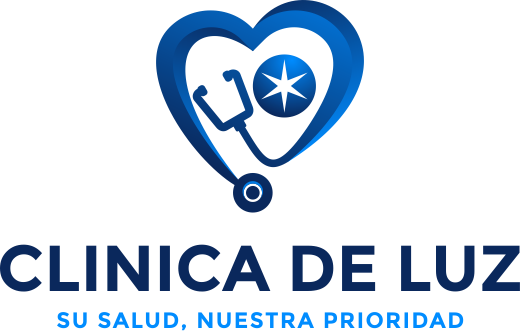Abdominal ultrasound is used to check the organs in the abdomen, including the liver, gallbladder, spleen, pancreas, and kidneys.
To prepare for your exam, you should know that you will be lying down during the procedure, and the technician might ask you to change positions so we can scan different areas of the abdomen. The technician can also request you to hold your breath for a short period.
This procedure takes less than 30 minutes and usually does not cause discomfort to patients. It is a safe scan that does not expose you to ionizing radiation.

